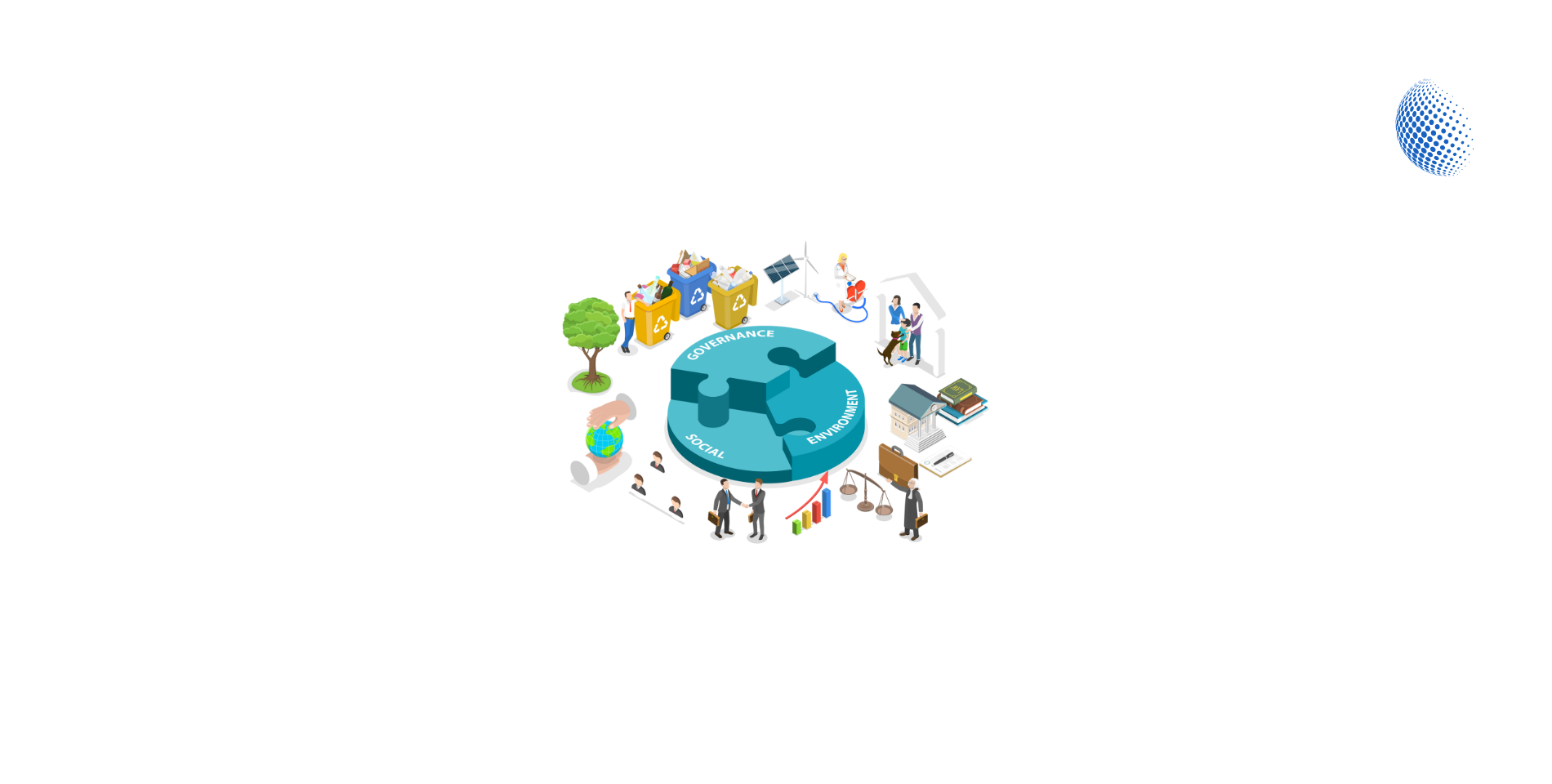Climate change is a global phenomenon that is affecting various aspects of our environment, including water resources. The impact of climate change on water resources is becoming increasingly evident, with changes in precipitation patterns, rising temperatures, and extreme weather events leading to water scarcity and quality issues.
In this blog post, we will explore the effects of climate change impact on water resources and discuss the importance of taking action to mitigate these impacts.
The Role of Climate Change in Water Resources
Climate change is primarily driven by human activities, such as the burning of fossil fuels and deforestation, which release greenhouse gases into the atmosphere. These gases trap heat, leading to global warming and changes in weather patterns. One of the most significant impacts of climate change is the disruption of the water cycle, which affects the availability and quality of water resources.
Changes in Precipitation Patterns
One of the most noticeable effects of climate change on water resources is changes in precipitation patterns. As global temperatures rise, the atmosphere can hold more moisture, leading to more intense rainfall events in some areas. This can result in flooding, erosion, and water contamination, affecting both surface water and groundwater sources.
Floods and Droughts
Extreme weather events, such as floods and droughts, are becoming more frequent and severe due to climate change. Floods can overwhelm water treatment plants and infrastructure, leading to water contamination and supply disruptions. On the other hand, droughts can reduce water availability, impacting agriculture, industry, and households that rely on water for their daily needs.
Rising Temperatures
Another significant impact of climate change on water resources is rising temperatures. Higher temperatures can increase evaporation rates, leading to water loss from lakes, rivers, and reservoirs. This can exacerbate water shortages in regions already experiencing water stress, such as arid and semi-arid areas.
Melting Glaciers and Ice Caps
Melting glaciers and ice caps are a direct result of global warming, contributing to rising sea levels and altering freshwater sources. Glacial meltwater is an essential source of freshwater for many communities around the world, particularly in mountainous regions. As glaciers continue to melt, there is a risk of water scarcity and conflicts over water resources.
Impacts on Water Quality
In addition to affecting water quantity, climate change can also impact water quality.
Changes in temperature and precipitation patterns can alter the distribution of pollutants and contaminants in water sources, leading to health risks for both humans and wildlife.
Water Contamination
Heavy rainfall and flooding can wash pollutants from urban areas, agricultural fields, and industrial sites into water bodies, contaminating drinking water sources. This can lead to waterborne diseases, such as cholera and dysentery, and pose risks to public health.
Algal Blooms and Dead Zones
Warmer temperatures and nutrient runoff from agriculture can promote the growth of harmful algal blooms in lakes and coastal waters. These blooms can produce toxins that are harmful to aquatic life and humans, leading to fish kills and the creation of dead zones with low oxygen levels.
Mitigating the Impact of Climate Change on Water Resources
To address the challenges posed by climate change on water resources, it is essential to take proactive measures to mitigate its impacts and build resilience in the face of changing conditions.
Sustainable Water Management
Implementing sustainable water management practices, such as water conservation, rainwater harvesting, and wastewater recycling, can help reduce water consumption and minimize the impact of climate change on water resources. By using water more efficiently, we can ensure a stable and reliable water supply for future generations.
Investing in Infrastructure
Investing in water infrastructure, such as water treatment plants, pipelines, and storage facilities, can help improve water quality and reliability, especially in the face of extreme weather events. By upgrading and modernizing our water systems, we can better adapt to the impacts of climate change and ensure access to safe and clean water for all.
Conclusion
In conclusion, the impact of climate change on water resources is undeniable, with changes in precipitation patterns, rising temperatures, and extreme weather events leading to water scarcity and quality issues. It is crucial for governments, communities, and individuals to take action to mitigate these impacts and build resilience in the face of a changing climate. By implementing sustainable water management practices and investing in water infrastructure, we can ensure a secure and reliable water supply for future generations. Climate change is a global challenge, and addressing its impact on water resources is essential for the health and well-being of our planet.
Products
- Home Weather Station with Rain Gauge
A home weather station equipped with a rain gauge, temperature sensors, and humidity monitors. This device helps track local weather patterns, precipitation levels, and changes in climate, allowing users to better understand and adapt to local water resource changes.
View on Amazon - Collecting the Skies: A Guide to Rainwater Harvesting (eBook)
This eBook is a comprehensive guide is your key to unlocking the full potential of rainwater harvesting, a sustainable practice that not only conserves an essential natural resource but also reduces your environmental footprint.
View on Flobase - Smart Irrigation Controller
A smart irrigation controller that optimizes watering schedules based on real-time weather data, reducing water waste and ensuring efficient water use in gardens and landscapes. It’s ideal for adapting to changing rainfall patterns caused by climate change.
View on Amazon - Portable Water Quality Tester
A digital water quality tester that measures pH, TDS (total dissolved solids), and temperature, providing real-time data on water quality. Useful for monitoring the impact of climate change on local water resources and ensuring safe drinking water.
View on Amazon - Eco-Friendly Rain Barrel
A rain barrel that collects and stores rainwater for reuse in gardens and landscaping, promoting water conservation in response to increased droughts and irregular rainfall patterns associated with climate change.
View on Amazon

